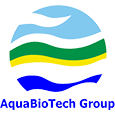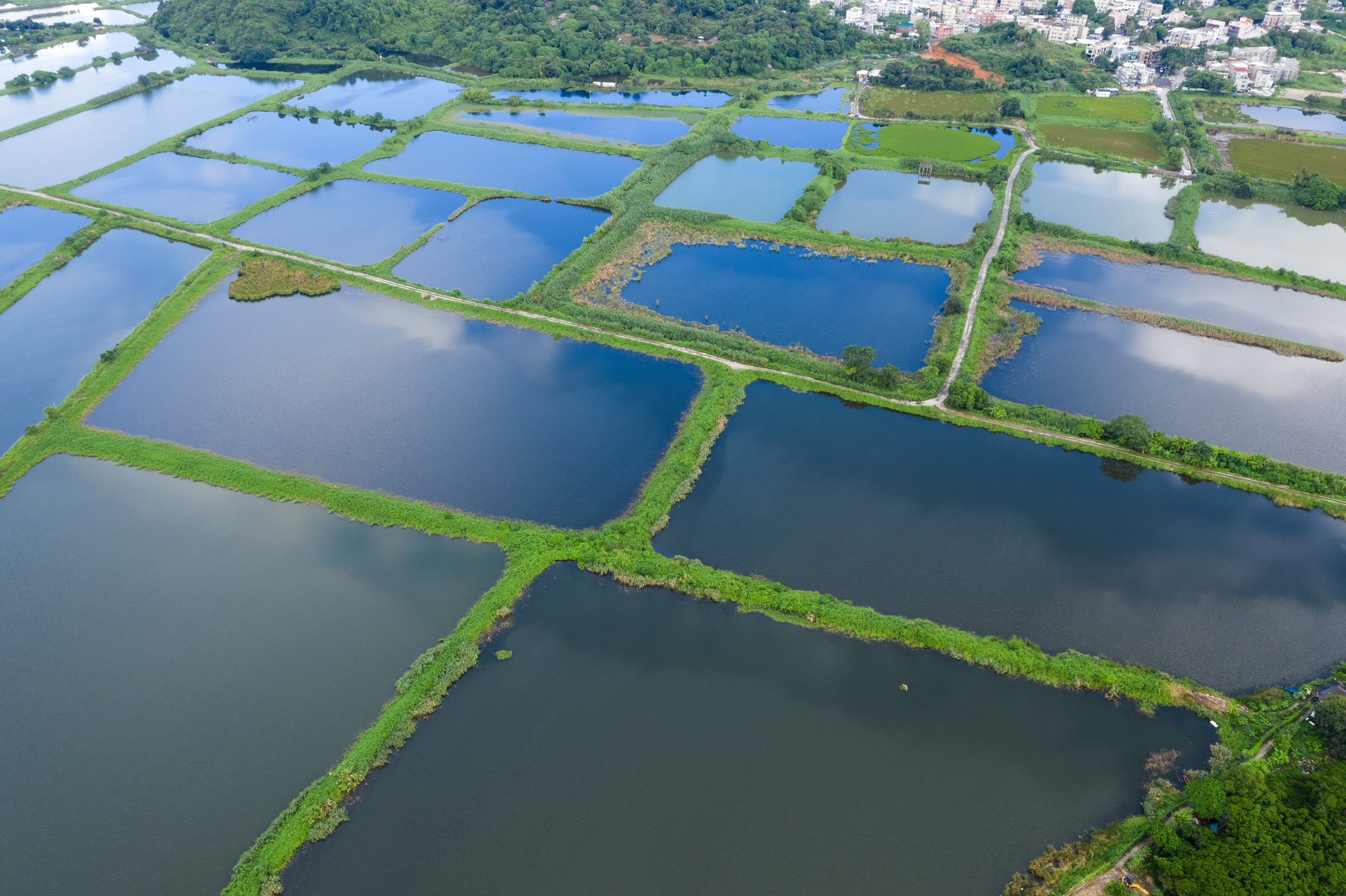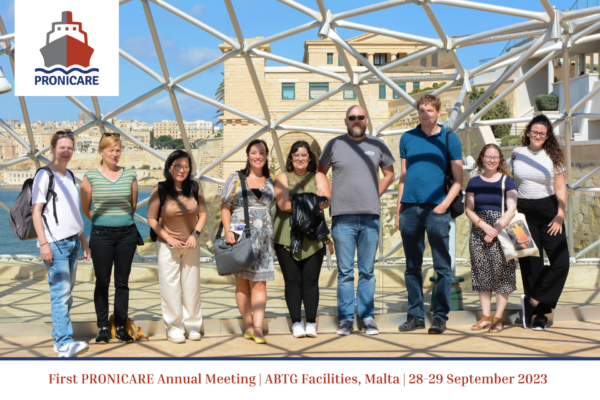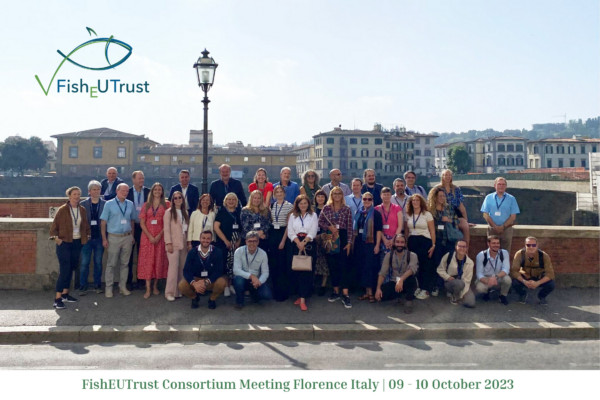FOODLAND
This project aims to develop, implement and validate innovative, scalable and sustainable technologies aimed at supporting the nutrition performance of local food systems in Africa, while strengthening agro-biodiversity and food diversity as well as diversity of healthy diets.
FOODLAND will empower smallholder farmers and food operators, will foster nutrition-responsive and sustainable agro-biodiversity, will reinforced the productivity and resilience of food supply chains, and will create new market opportunities at both the local and global scales, thereby encouraging the flourishing of rural communities. These achievements will benefit both African and European consumers by providing them with traditional-based, healthy, nutritious foods, while encouraging the diffusion of African diets and aiding the fight against malnutrition, particularly in women and children.
The FOODLAND project is committed to developing a range of innovations for local agriculture and aquaculture development, as well as to nudging consumers towards healthier eating behaviour in six African countries: Morocco, Tunisia, Ethiopia, Kenya, Uganda and Tanzania. The project will create a network of 14 local Food Hubs- paired with 14 separate cities in these countries – that will mobilise relevant actors in rural, urban and peri-urban communities and serve as injection points for testing and introducing the innovations.
FOODLAND will contribute to the reinforcement of the long-standing relationships between EU and African Partners as well as to the enhancement of their research cooperation on sustainable agriculture and food and nutrition security.
Objectives of FOODLAND
- Develop, implement, and validate 12 technological innovations including organizational innovations and technological innovations for both vegetable and fish farming and food processing systems.
- Develop 17 novel local food products, ranging from fresh, dried and processed vegetables and fish t composite flours and therapeutic foods.
- Create a network of 14 local Food Hubs in Africa, paired with 14 separate cities, that will mobilise relevant actors in rural, urban, and peri-urban communities and serve as injection points for testing and introducing the innovations.
- Ensure that nutritious foods are accessible, affordable and desired for all citizens in two African sub-regions.




